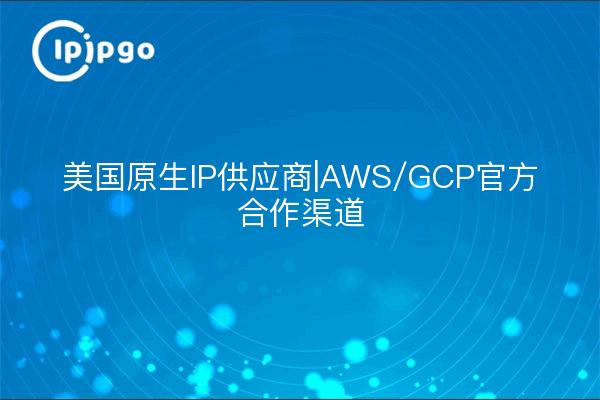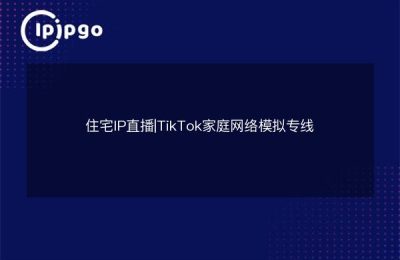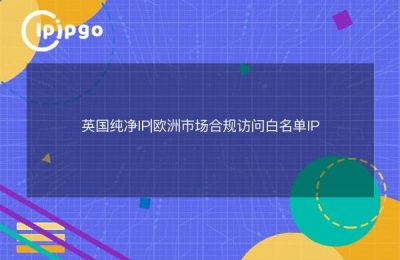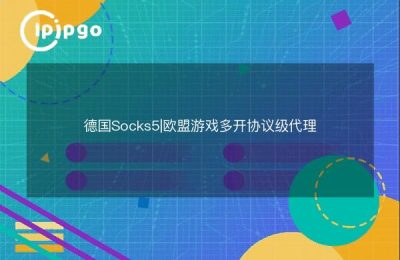
Why do you need US native IP?These are the scenarios you may have encountered
Many users often encounter situations where IPs are recognized as proxies in cross-border business. For example, a cross-border e-commerce team frequently encountered platform wind control interception when using automation tools; a social platform operator found that the account was restricted in function due to IP issues. The essence of these problems lies in the IPPurity and regional matchThe
U.S. Native IP refers to a residential IP assigned directly by the local ISP with complete ASN information and real home network characteristics. This kind of IP will be judged by the system as normal access behavior of ordinary residents when accessing local services. In contrast, server room IPs or third-party proxy IPs are more likely to trigger security mechanisms due to the presence of a large number of reused records.
Special value of the AWS/GCP partnership channel
When an organization needs to deeply interface with Amazon Cloud Services (AWS) or Google Cloud (GCP), the official API interface has a strict detection mechanism for the IP source. We have encountered a customer case: a data analytics company used a common proxy IP to call AWS interface, resulting in 15% API requests being rejected every month.
pass (a bill or inspection etc)ipipgo's direct access to U.S. cloud providers, users get two types of core benefits:
1. Exclusive IP segment through the cloud platform white list authentication
2. Prioritize traffic routing to ensure API response time
This technical interface ensures that business systems can call the cloud service interface stably and avoid additional operation and maintenance costs due to IP issues.
Three Steps to Verify Proxy IP Authenticity
When choosing a US native IP provider, it is recommended to test it by the following methods:
① WHOIS information verification: Real residential IP registrations typically show up as home broadband carriers such as Comcast, AT&T, etc.
② Reverse DNS resolution: Dynamic residential IPs should resolve to dynamic domain names rather than fixed hostnames
③ Geographic location test: Use the IP inspection tool provided by ipipgo to view the ASN number and history of IP usage.
How ipipgo's technology solutions fit different needs
Based on 20 real customer case summaries, we have compiled a matrix of solutions for different business scenarios:
| Business Type | Recommended Programs | Core parameters |
|---|---|---|
| Cloud Service Docking | Static residential IP + whitelisting service | IP survival cycle ≥ 30 days |
| data acquisition | Dynamic rotation of residential IPs | Minimum 5-minute switching interval |
| Account Management | City-level targeted IP | Positioning accuracy ≤ 3 kilometers |
Frequently Asked Questions
Q: How can I tell if the IP is actually from a U.S. resident?
A: It is recommended to check three dimensions at the same time: ① whether the IP registration organization is a residential ISP ② whether the IP usage history is more than 6 months ③ whether there is a public proxy marking
Q: What are the technical advantages of ipipgo's residential IP?
A: Our core points of difference areReal Home Broadband AccessThe IP address of each device is dialed through a physical fiber optic cat to obtain the IP, which is very common in server room transit solutions. The recently added AS41427 Autonomous System Number Verification function can instantly confirm the IP source.
Q: What if I need both AWS and GCP to interface?
A: It is recommended to use ipipgo's multi-cloud adaptation channel, which has been preconfigured with API dedicated entrances of two major cloud platforms and supports automatic allocation of authentication IPs of corresponding platforms by request.








